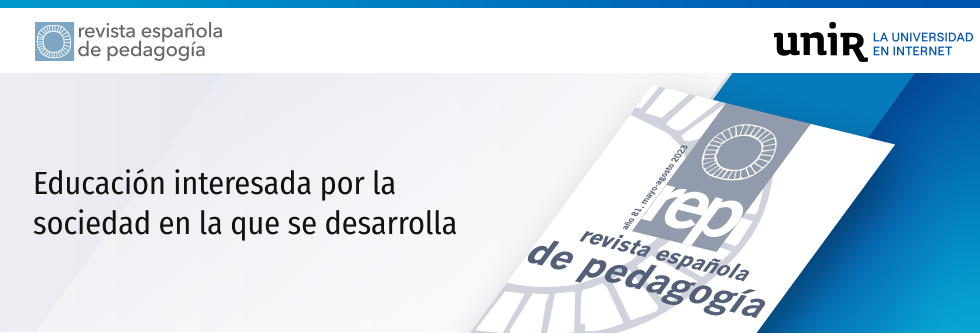Education vs. culture? The problem of folk tales adaptation from Didactics of Literature
Abstract
The question of adapting folk tales is one of the most controversial issues in Literature for Children that affects not only linguistic or stylistic issues but also the educational level of transmission of moral values. Can any traditional story be retold or its vision of the world is no longer significant? Must the new version be adapted to contemporary childrens psychology? Must macabre or too frightening passages be removed? Should we give priority to illustrations over text? How can we deal with sexist, xenophobic or religious ideology in some works? Should satirical or ironic component be eliminated? What should we communicate and what we pass on morality as adaptors? Considering the casuistry found in the history of adaptations, there seems to be a conflict between the faithful transmission of the texts and the desirability of profound and severe adjustments to suit contemporary child psychology, of certain social or ecological values, or referred to as politically correct; to put it more simply, a conflict between the faithful transmission of the texts (culture) and the desirability of profound and severe adjustments to suit contemporary child psychology (education). As a conclusion, adaptations will depend on our concept of education and our concept of the childhood.
Citación recomendada | Recommended citation
Parejo y José Soto Vázquez, R. P.
(2015)
.
Education vs. culture? The problem of folk tales adaptation from Didactics of Literature.
Revista Española de Pedagogía, 73(262).
https://www.revistadepedagogia.org/rep/vol73/iss262/16
Licencia Creative Commons | Creative Commons License
Esta obra está bajo una licencia internacional Creative Commons Atribución-NoComercial 4.0.
This work is licensed under a Creative Commons Attribution-NonCommercial 4.0 International License






